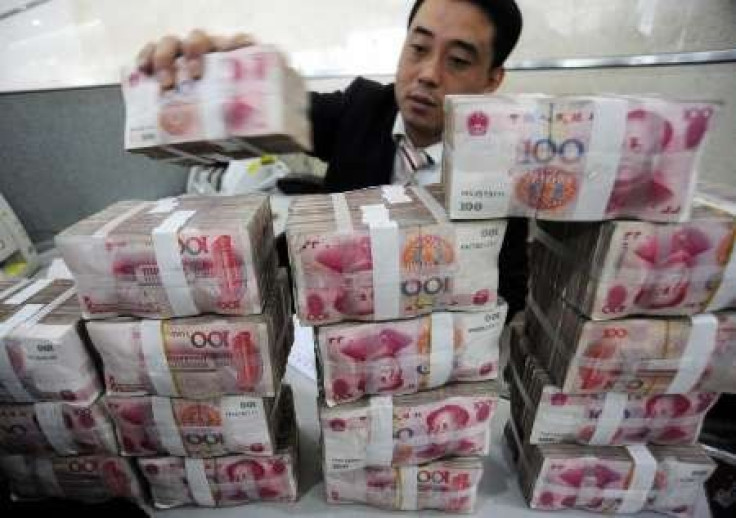China says pressure will not affect yuan's rise

China's central bank governor Zhou Xiaochuan said on Thursday that Beijing will decide the pace of the appreciation of the yuan on its own and would not take into account pressure from other countries.
Ahead of a meeting of G20 finance ministers and central bankers in Paris this week, India and Brazil have joined the United States in voicing concern about the slow speed of the yuan's appreciation, saying it was hurting their exports.
External pressure has never been an important factor of consideration and we have never paid special attention to it, Zhou said on the sidelines of the G20 gathering.
We mostly depend on our judgment ... to adjust the yuan's value independently, he added. We do not pay too much attention to whether external pressure is great or not.
From our own independent point of view, for the sake of developing our own financial markets ... we need to reform the system and make it more flexible, he said.
The complaints from India and Brazil are awkward for Beijing, which is accustomed to facing U.S. pressure over its tightly controlled exchange rate but has tried to cast itself as a natural ally of other developing nations.
In response to international pressure for the yuan to rise quicker, China has always vowed to make the currency more flexible -- giving it more leeway to move.
But Beijing has pledged that the yuan should only climb at a gradual rhythm so as not hobble its own export sector.
Many in the market expect the yuan to rise by around 5 percent this year. Yet with rising prices at home, economists say China has more reason to let appreciation gather speed to curb imported inflation.
© Copyright Thomson Reuters 2024. All rights reserved.











